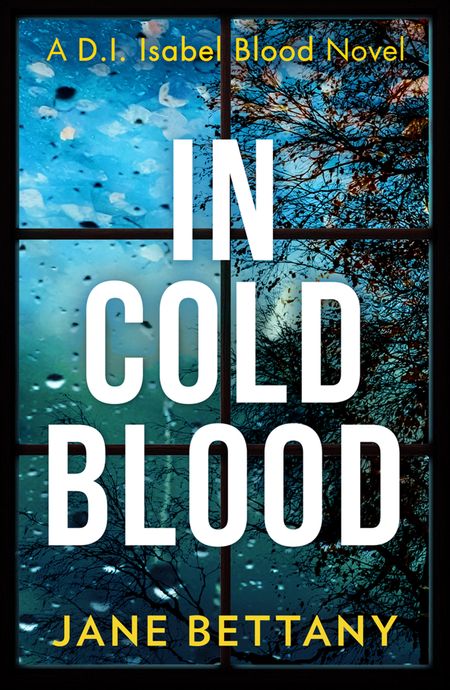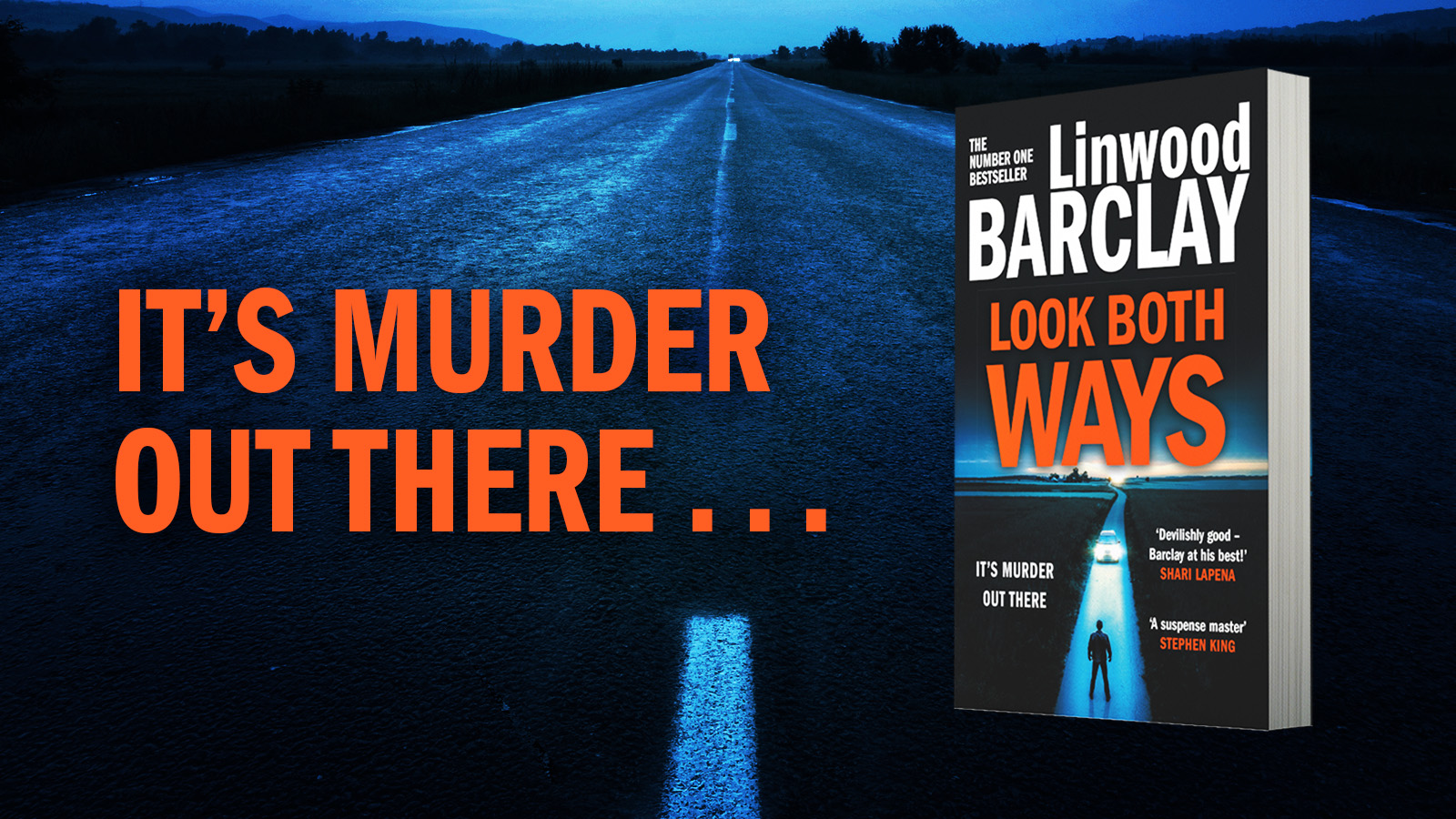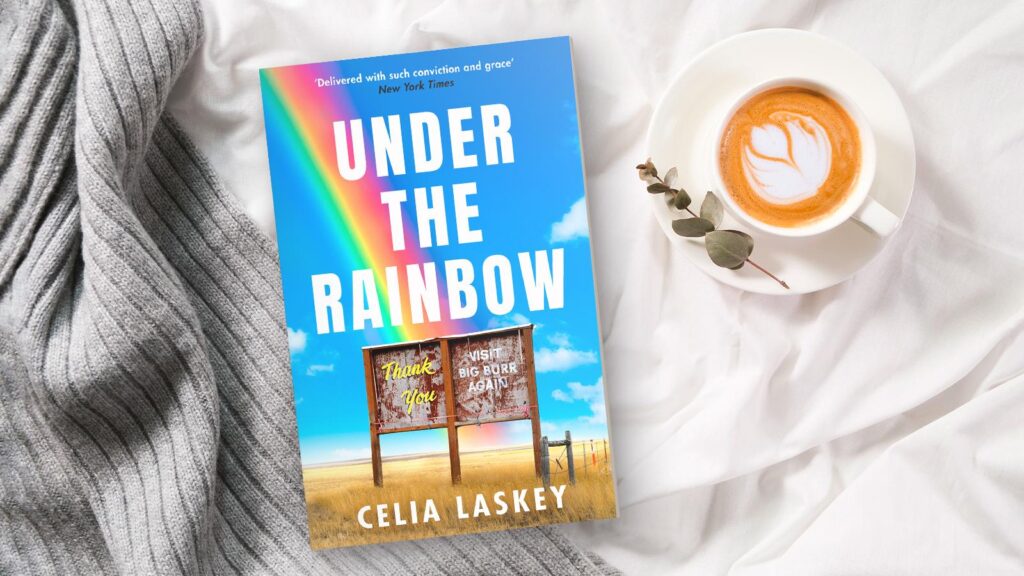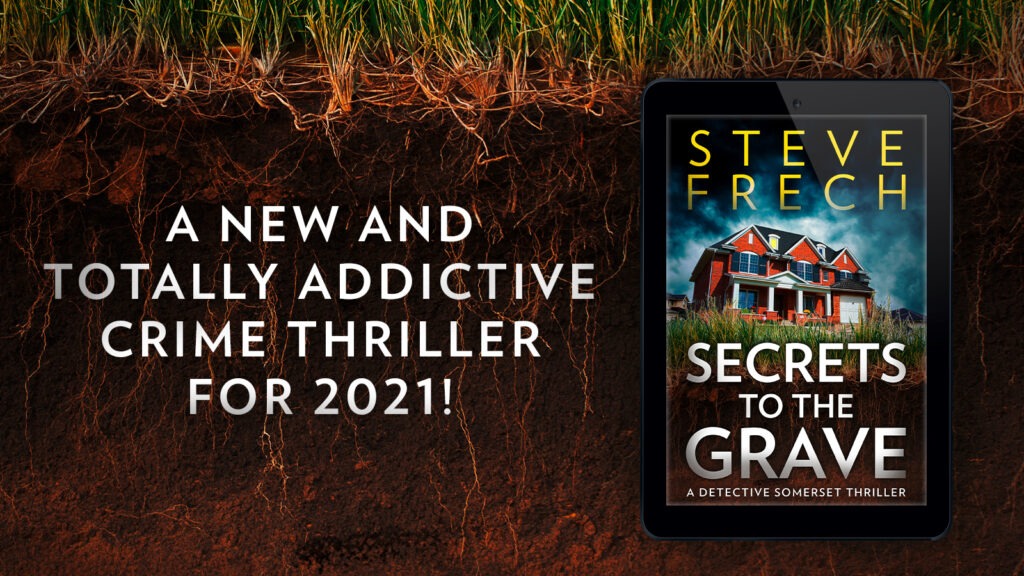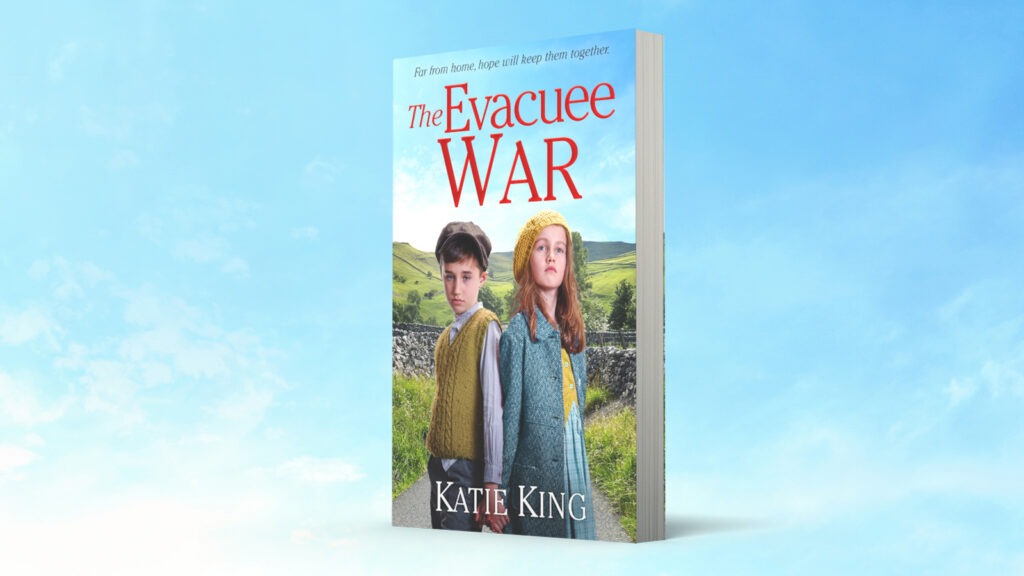This NaNoWriMo, we’ve loved sharing author tips to help you with your writing. Any police procedural writers will be please to know it’s their turn! Jane Bettany, author of In Cold Blood, is on the blog today sharing her top six tips for writing police procedurals.
Writing Police Procedurals | Jane Bettany
There’s something magical about November. Perhaps it’s the autumn leaves – their fiery red, gold and russet colours blending together in one final, spectacular display before winter sets in. Or maybe it’s because it’s National Novel Writing Month (NaNoWriMo).
On a personal level, November 2020 is special for another reason. It’s the month in which the paperback edition of my debut crime novel, In Cold Blood, is released. I’ve also started work on my second novel, and I’m participating in NaNoWriMo to keep that wordcount on track.
With the challenges of writing my first novel still fresh in my memory, I’m thrilled to have been asked to participate in this National Writing Month feature on the HQ Stories blog. To help other new writers, I’ve put together six tips on writing a police procedural novel. I hope you’ll find them useful.
#1 Be sure of where you’re heading
Most of us are familiar with the Plotter v Pantser dilemma: should you plan your novel carefully before you start to write, or dive straight in and see where it takes you? Every writer will have their own view on this, depending on their personal preferences and work processes.
Developing a fully fleshed-out chapter-by-chapter plan isn’t for everyone. However, I’m a firm believer in having at least a basic understanding where your novel is going before you start writing.
I recommend that you develop an outline before you begin. It can be a rough summary on one side of A4, or a detailed chapter-by-chapter framework. Either way, this outline is something you can refer to as you write. It will help to keep your story on track, maintain the right pace, and prevent your plot from veering wildly off course.
Writing a novel is like going on a long journey. It helps to know which direction you’re heading in before you set out. Each word you write will take you a step closer to your destination. Your outline is the map you will use to get there. By all means feel free to take a few diversions along the way (this can lead to some interesting plot twists), but always be clear about where your story is heading.
#2 Decide these three things
In my experience, there are three key pieces of information you should consider before you start writing your crime novel. Ask yourself the following questions:
- who is your victim?
- why were they killed?
- who is the murderer?
Knowing the answers to these questions in advance will help you to structure a logical investigation, and allow you to introduce a range of suspects and a few red herrings to keep your readers guessing.
#3 Remember that your crime novel is not a real-life investigation
There are many schools of thought on how police investigations should be portrayed in works of fiction. When writing my first novel, I came to the conclusion that I needed to be aware of procedures and get my facts right, but also accept that crime fiction doesn’t necessarily reflect the reality or timescales of a full police investigation.
In the real world, a major crime incident team is made up of many people (sometimes hundreds of officers) and murder investigations can take months, or even years. Trying to weave such a huge cast of characters into a novel would, in my opinion, result in a heavy and over-complicated piece of fiction.
One of the appeals of crime fiction is that there is a puzzle to be solved. However, another enjoyable element of the genre is the pleasure readers get from learning about each character’s quirks, motivations and problems. Use this to your advantage. Give your readers a novel with a main protagonist and a small cast of other characters that they can get to know and relate to. Focus your fictional investigation around this core team. Bring in help from other officers only when necessary. Achieve authenticity by understanding the basics of police procedures. Be accurate with your facts, rather trying to recreate an unwieldy (often mundane) investigation in real time.
#4 Develop your knowledge of police procedures
When I decided to write a novel, I chose crime because it’s the genre I love to read. I’m not a retired police officer, and I’ve never worked for the criminal justice system. Heck, I’ve never even had a parking ticket! So, how did someone like me go about writing a crime novel?
Firstly, I knew that if I wanted my novel to ring true, I’d need to research police procedures. Thankfully, I discovered there were plenty of books for writers on crime scene investigation and police procedures. However, a quick caveat: before you buy any of these writing guides, check they refer to the criminal justice and policing system in the country in which you are setting your novel. If, like me, you’re writing about a UK based police team, you need to read guides that explain the system here in the UK. There are plenty of great reference books on policing in the USA, but as procedures are slightly different over there, they won’t be of use if your book is set in the UK.
My own personal shelf of crime reference books includes Being a Detective and The Crime Writer’s Casebook (both by Stephen Wade and Stuart Gibbon), plus The Real CSI: A Forensic Handbook for Crime Writers (by Kate Bendelow). The internet is, of course, another great source of information. However, the amount of detail on some websites can be quite overwhelming. You need to be wary of out of date or inaccurate web pages. Always double check your facts.
True crime documentaries on TV are a useful resource. They often depict an investigation as it unfolds, and show real footage of arrests and interviews with suspects. You should also read as much crime fiction as possible and watch TV crime dramas. These are a masterclass in how best to portray crime for dramatic effect.
You may find yourself writing a tricky plotline that includes something you’re unsure about. If you can’t find the answer you need in your reference books or on the internet and you have a friend who is a police officer, CSI or criminal lawyer, this is the time to call on their services. If you don’t know anyone with that kind of expertise, consider getting in touch with a consultant who, for a fee, will provide you with in-depth answers to your procedural questions. There are several retired detectives and crime scene investigators who offer this kind of service. Google ‘consultancy services for crime writers’ for more information.
If someone does give you advice, don’t forget to thank them. Include them in the acknowledgements section of your book.
#5 Set the right pace
Allow your fictional investigation to unfold at a steady pace. Reveal information little by little, layer by layer and try to end each chapter on a high point. Take the reader along with your detective as he or she investigates the case and uncovers vital information. Hold back on revealing the identity of the murderer for as long as you can (ideally the final chapter).
#6 Find your own path
There’s an old proverb that says there are as many ways of being as there are people, and I believe the same philosophy applies to writers. The things that work for me, won’t necessarily work for you. We each have to find our own way and write at our own pace. There are as many was as writing as there are writers.
Unfortunately, there’s no quick and easy formula for writing a novel. It’s hard work, but if you have faith in yourself and keep going, you will eventually reach THE END. Be hopeful as you set out on your writing journey, and move forward one word at a time.
I hope these five tips have helped or inspired you in some way and, if you’re participating in #NaNoWriMo2020, keep going!
Jane Bettany’s gripping police procedural novel In Cold Blood is out now. You can buy it from your local independent, bookshop.org, Hive, or Amazon.

